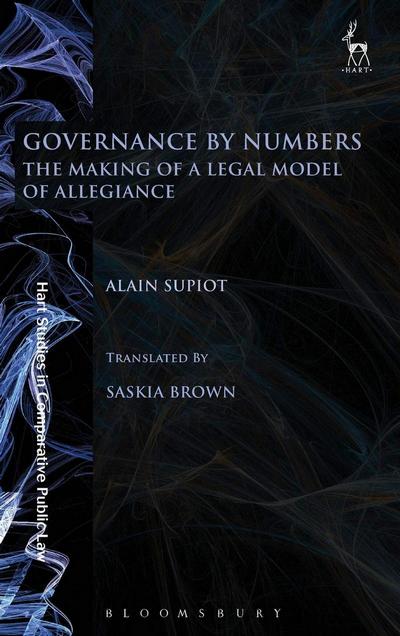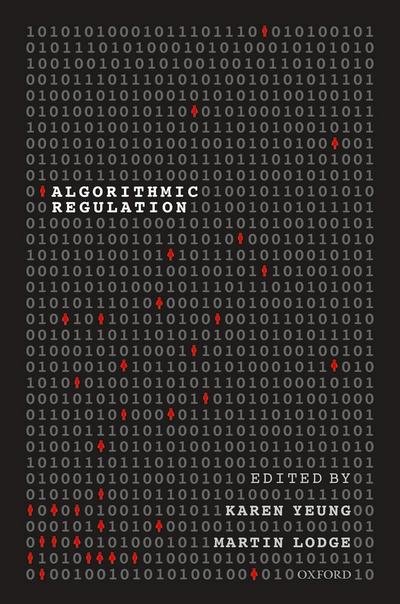[Do check out our extensive bibliographies for more readings.]
Relevant Interviews: Katrin Becker
One way to think about the philosophical effects of blockchains is through the prism of privatization of law, which nowadays inevitably involves its algorithmization.
There are two strands of literature that are particularly useful in this regard: the work on Homo Juridicus and "governing by numbers" pioneered by Alain Supiot and the more recent work on "algorithmic regulation."

A good starting place for Supiot would be his two books in English (we include them, along with a few relevant articles in the bibliography below).

Supiot's work is rife with useful concepts, from the "contractualization of society" to the "refeudalization of the social bond." Katrin Becker (whom we interviewed) has a number of papers on her own web-site, which apply some of Supiot's insights to the world of blockchains.
Unrelated to the French tradition pioneered by Supiot, there's also a rich literature studying the many ways in which private dispute resolution – especially in the online realm - could have harmful effects for the collective good.
Likewise, there's quite a lot of interesting recent work on what one scholar has called "governance through contract," which makes part of the broader critique of "neoliberal legality." Some of the best critiques of private law and dispute resolution have come from the field of International Political Economy: see the work of Claire Cutler and Stephen Gill.
Over the past decade, there has also emerged rich literature on algorithmic regulation (an Observer essay by Evgeny Morozov - a coincidence! - was one of the first to bring it to the attention of mainstream public). The work of Karen Yeung, Mireile Hilderbrandt, and Lena Ubricht is particularly worth checking.

Anyone in search of more imaginative proposals for a more emancipatory turn in legal thought could always turn to the work of Roberto Unger, who himself has recently written on the need to democratize the knowledge economy.

To get a taste of what the neoliberal advocates of private governance argue, you can look no further than Edward Stringham's work, especially his 2015 book, Private Governance: Creating Order in Economic and Social Life.
